The world of coding can be scary, with obscure symbols and complicated logic. What if we told you it might be a creative and problem-solving playground for children with special needs? Intrigued? Buckle up, because we’re going to discover the thrilling world of adaptive coding strategies!
Children with special needs are diverse, including those with autism spectrum disorder (ASD), attention deficit hyperactivity disorder (ADHD), dyslexia, and physical limitations. Each child has distinct strengths and weaknesses, necessitating tailored learning strategies.
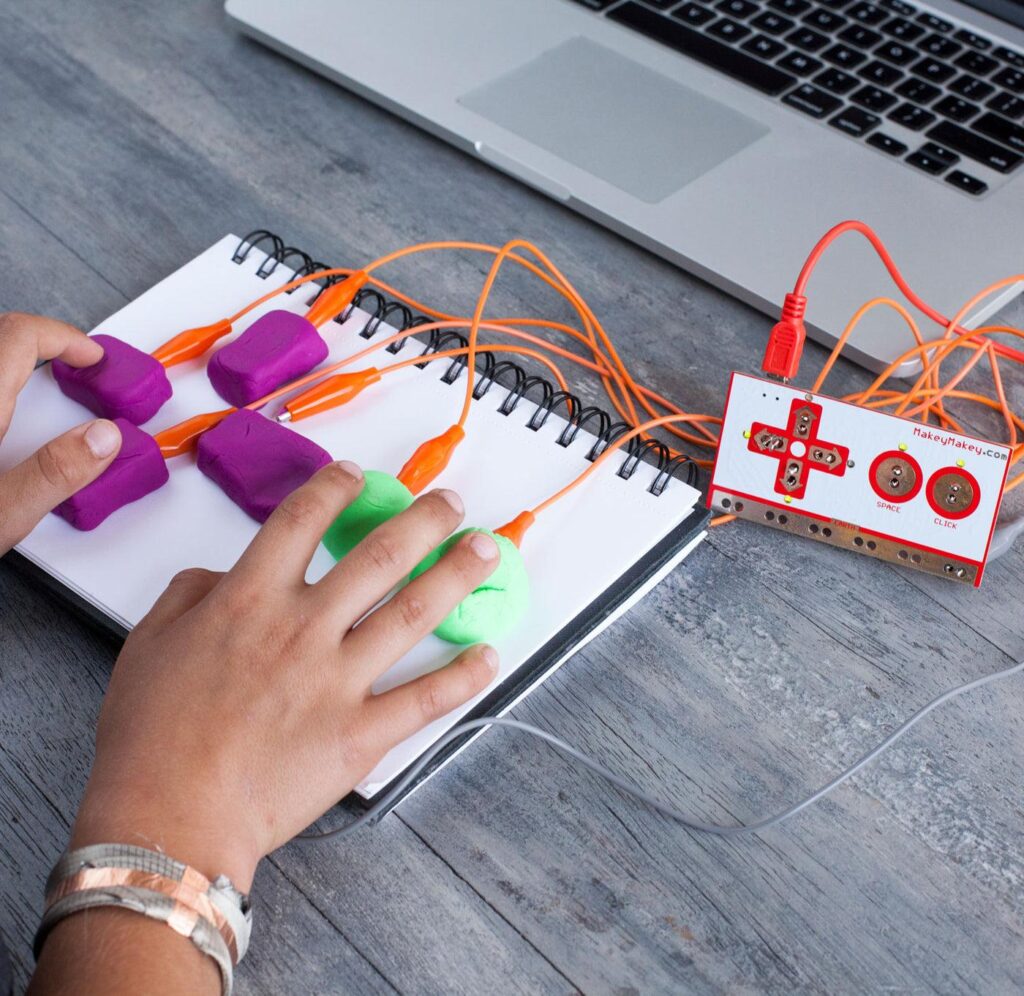
Here’s how coding transforms into an inclusive playground:
Block-based coding language: Scratch, Blockly, and Codemonkey Jr, these drag-and-drop interfaces make coding more visual and intuitive, which is ideal for children who struggle with traditional text-based coding. Imagine making colorful animations with just a few clicks!
Voice-activated coding: Speech recognition software allows children with physical restrictions to code using voice commands. This enables kids to actively contribute and express their creativity via code.
Gamification: Gamifying learning makes it more enjoyable and inspiring. RoboGarden, for example, turns coding into a game in which children solve puzzles and accomplish challenges, thus fostering problem-solving abilities in a fun way.
Physical computing: Makey Makey and Sphero robots are two examples of tools that help to connect the digital and physical realms. Coding becomes tangible and interesting for kids when they can program their robots to overcome difficulties or make their own musical instruments.
Multisensory learning: Multisensory learning environments are very beneficial for kids with special needs. Interactive coding exercises that combine visual, tactile, and audio components improve learning and memory. Through the combination of physical building and programming, interactive coding toys such as Botley the Coding Robot or LEGO Education SPIKE Prime offer a hands-on learning experience.
Several initiatives have successfully implemented adaptive learning techniques to teach coding to kids with special needs:
CoderDojo’s Autism Pilot Program: The international network of coding clubs CoderDojo has introduced a trial program, especially for kids with autism. Through the use of customized support, visual aids, and sensory breaks, the program established a warm and inviting atmosphere in which kids could flourish.
Tech Access: TeachAccess promotes accessible and inclusive design in technology-based learning. Their materials and training courses give teachers the skills and resources they need to design coding curricula that are accessible to learners of all skill levels.
Apple’s Everyone Can Code Curriculum: All students can benefit from inclusive and accessible coding instruction thanks to Apple’s curriculum, which includes activities and materials designed specifically for students with disabilities.
Remember: It’s all about finding the correct match! Investigate multiple coding platforms, try out new strategies, and celebrate little wins. There is no one-size-fits-all solution, so customize the learning experience for your child’s individual needs and interests.
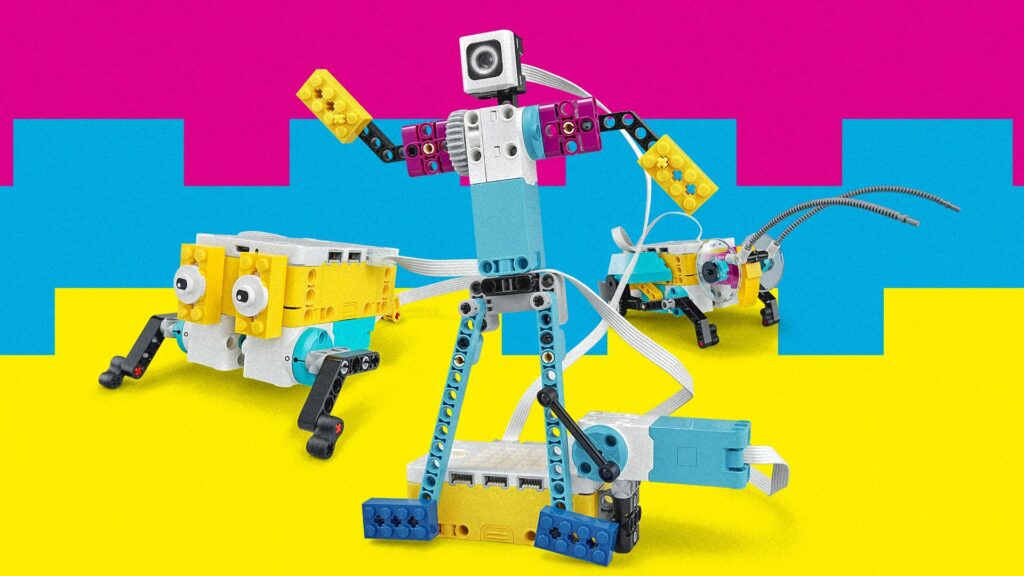
Coding is more than just building snazzy websites or mobile apps. It is about developing problem-solving abilities, promoting creativity, and instilling confidence. By embracing adaptive learning methodologies, we can provide access to this exciting world for all children, empowering them to become future coders, inventors, and innovators.

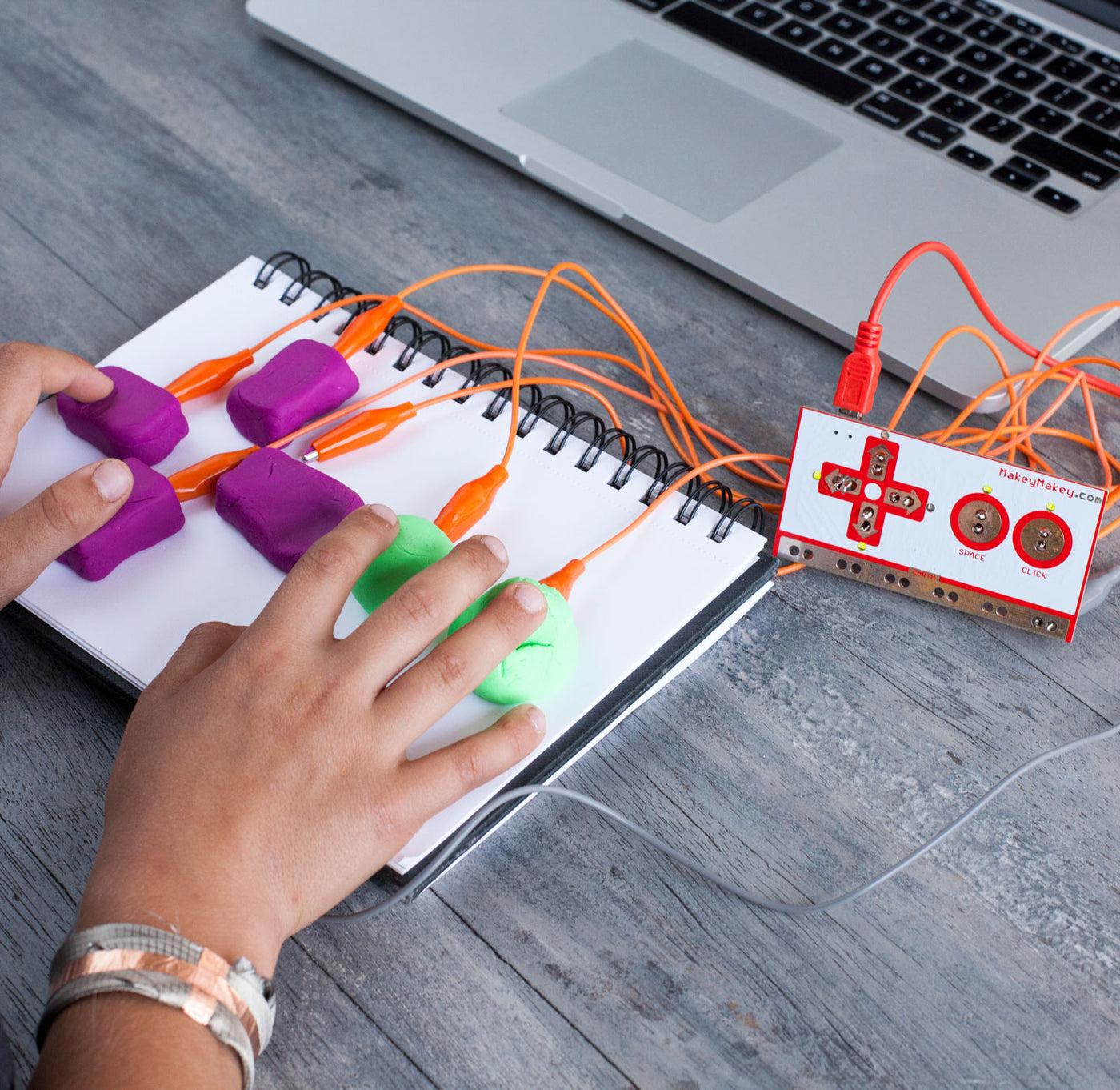




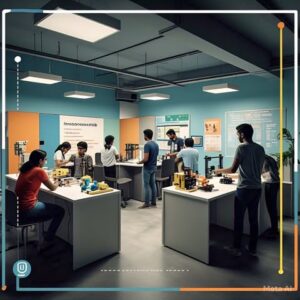






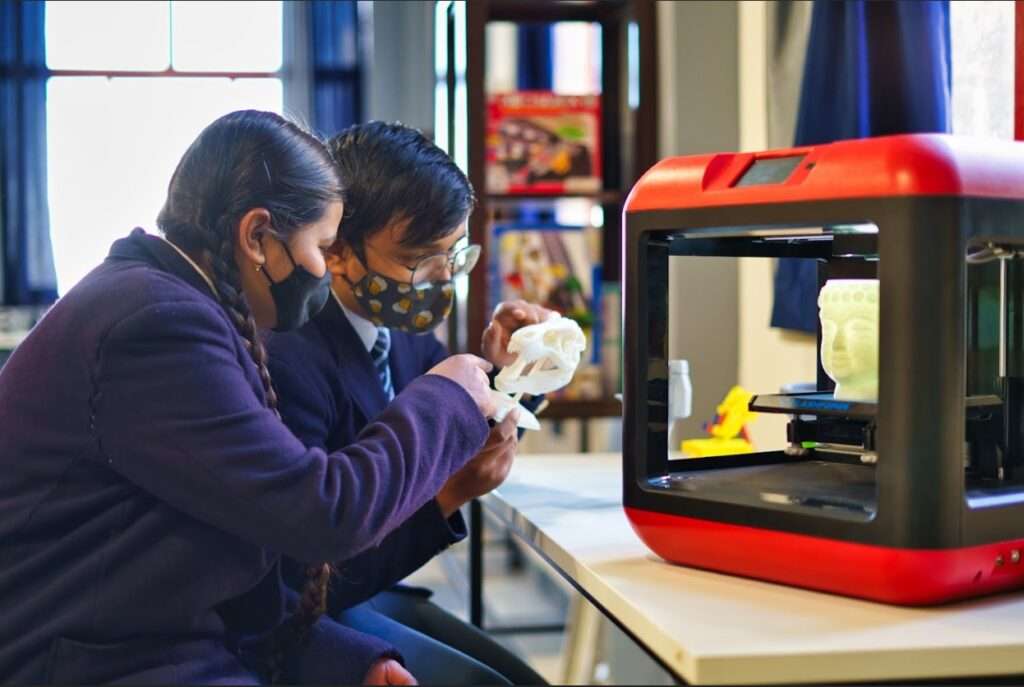
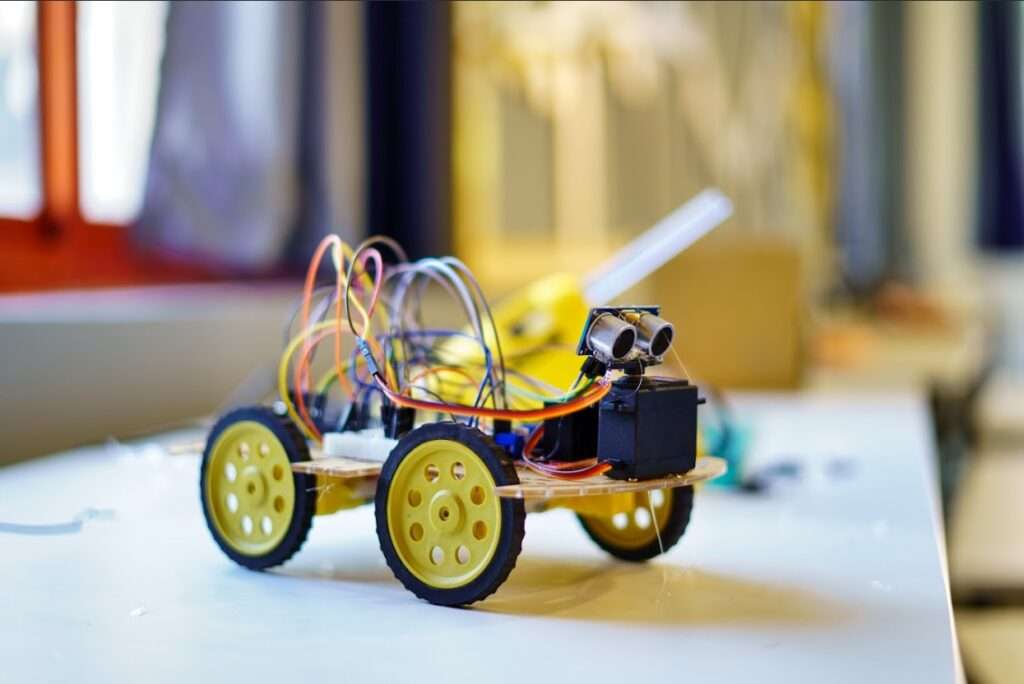

This Post Has 6 Comments
Can you be more specific about the content of your article? After reading it, I still have some doubts. Hope you can help me.
Thank you for reaching out! Please feel free to share your specific doubts, and I’ll be happy to assist you further. You can also email us at hello@makersmuse.in for more details.
Thank you for your sharing. I am worried that I lack creative ideas. It is your article that makes me full of hope. Thank you. But, I have a question, can you help me?
Thank you so much for your kind words! Feel free to email us at hello@makersmuse.in, and we’d be happy to help with any questions you have!
Your article helped me a lot, is there any more related content? Thanks!
Thank you for your kind words! You can find more related content at hello@makersmuse.in – feel free to reach out anytime!